Peterson Academy – James Orr – Plato. The Dawn of Thought
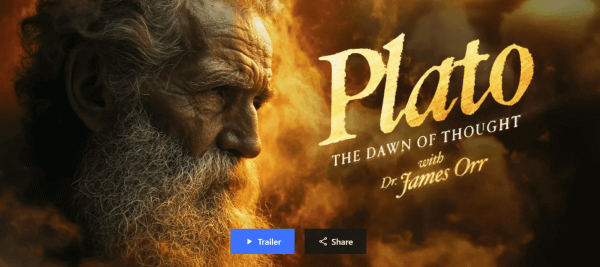
Dr. James Orr
Philosopher
In Plato: The Dawn of Thought, a seven-hour course, Dr. Orr explores Plato’s intellectual and cultural world, examining his challenges to dominant philosophical traditions and the influence of Socrates on his thought. We delve into Plato’s Dialogues, which capture Socrates’ character and ideas, and expose the ignorance of assumed experts. The course covers Plato’s Theory of Forms, his vision of the ideal city-state, and the afterlives of his ideas, tracing their influence through key figures and their fusion with Hebraic and Christian traditions. We conclude by discussing the enduring relevance of Platonic thought in mathematics, myth, and meaning, and its significance for navigating truth, knowledge, and the human condition in our current age.
Lectures
1. Plato’s World
In this first lecture, we dive into Plato’s intellectual and cultural world with Dr. James Orr, exploring Plato’s role in the development of human thought during the Axial Age. We examine the dominant philosophical traditions that Plato challenges, including reductive naturalism and relativism, and introduce his great influence, Socrates, whose relentless pursuit of truth through dialogue laid the foundation for Plato’s own philosophical approach.
2. Plato’s Dialogues
In lecture two, we delve into Plato’s Dialogues, his extensive body of work that captures the character, personality, and ideas of Socrates. The Dialogues, roughly divided into early, middle, and late phases, exhibit a literary flair comparable to that of great authors and are filled with dramatic energy and philosophical insights. Many early Dialogues, such as Euthyphro, Laches, and Lysis, end in failure or “aporia,” exposing the ignorance of those assumed to be experts and challenging central cultural assumptions.
3. Plato’s Theories
In lecture three, we look at the core of Plato’s philosophy, exploring his Theory of Forms and the transcendent nature of the Good through three iconic images: the allegory of the sun, the divided line, and the parable of the cave. Plato presents a vision of reality divided into the World of Becoming and the World of Being, challenging contemporary notions of empiricism, constructivism, and the masters of suspicion, while offering a pathway to true knowledge and the ultimate Form of the Good.
4. Plato on Politics
In lecture four, we delve into Plato’s political philosophy, focusing on his vision of the ideal city-state as presented in the Republic and the Laws. Plato argues that a well-ordered soul and a well-ordered city are analogous, with reason, spirit, and appetite corresponding to different classes of citizens. The lecture explores the degeneration of political systems from aristocracy to tyranny and discusses Plato’s controversial views on topics such as equality, freedom, and the role of religion in society.
5. Plato’s Afterlives
In lecture five, we place ourselves into the afterlives of Plato’s ideas, tracing their influence through key figures such as Aristotle, Philo of Alexandria, and Augustine, and exploring how Platonic thought fused with Hebraic and Christian traditions. The lecture concludes by discussing the challenges posed by William of Ockham’s nominalism to the Platonic worldview, setting the stage for the emergence of modern skepticism and the eventual discarding of the “Great Chain of Being.”
6. Plato Today
In our sixth and final lecture, we conclude the course with three key aspects of Platonic thought that have experienced resurgences in modern times: mathematics, myth, and meaning. We explore how contemporary physicists like Roger Penrose appeal to Platonic ideas to make sense of the mathematical nature of reality, how the power of myth and allegory can disclose deeper truths, and how the Platonic understanding of meaning as alignment with ultimate reality challenges modern notions of subjective meaning-making. Dr. Orr closes the course by emphasizing the enduring relevance of Plato’s ideas and methods for navigating the complexities of truth, knowledge, and the human condition in our current age.








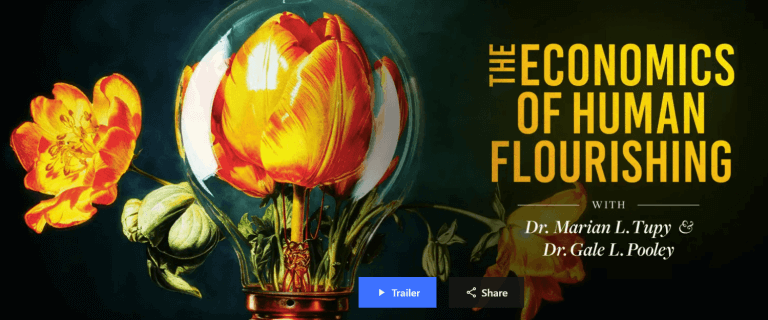
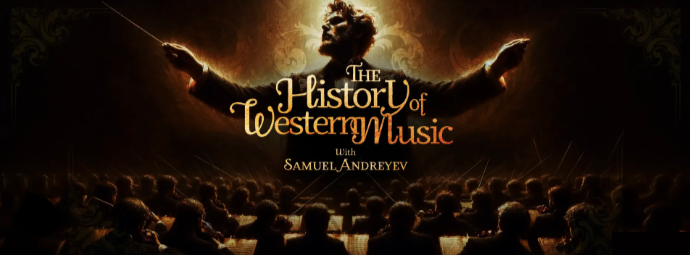
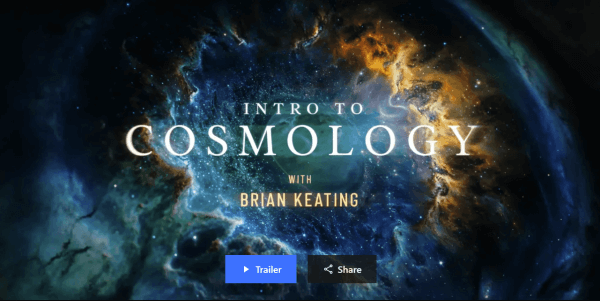


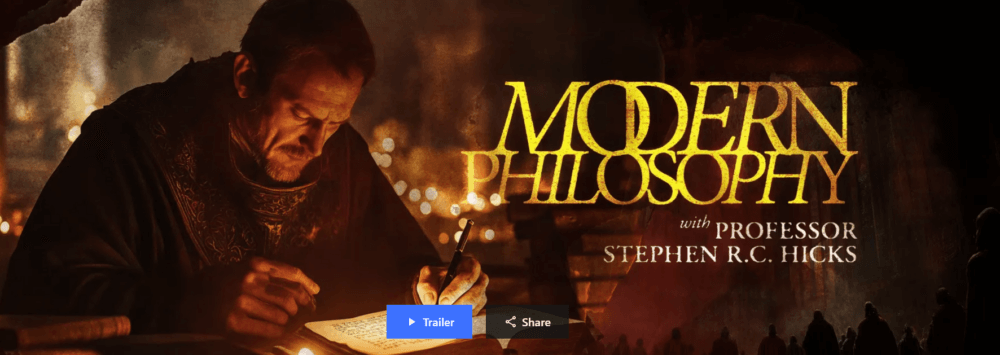

Reviews
There are no reviews yet.